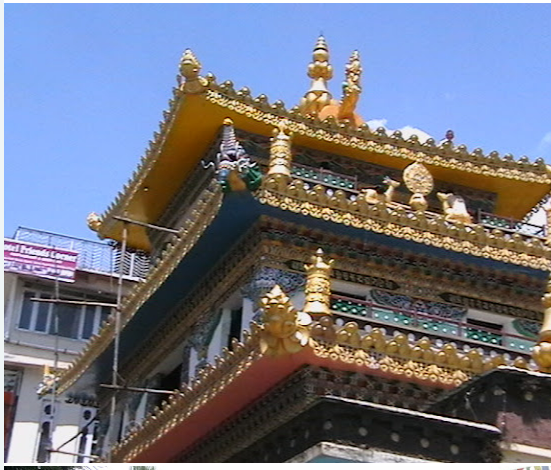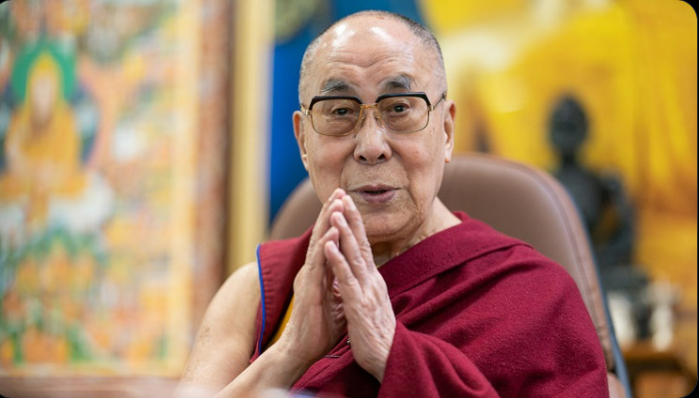July 2 – The Dalai Lama has confirmed that the institution of the Dalai Lama will continue after his death, and that his successor will be chosen following traditional Tibetan Buddhist practices. In a recorded statement released during prayer celebrations ahead of his 90th birthday, the 14th Dalai Lama declared that the responsibility to recognise his future reincarnation lies solely with the Gaden Phodrang Trust in India.

The Dalai Lama emphasised that the process of selecting his reincarnation should strictly follow time-honoured Buddhist traditions. This includes consulting the heads of Tibetan Buddhist schools and oath-bound Dharma Protectors, spiritual beings considered essential to the search and recognition process. “They should accordingly carry out the procedures of search and recognition in accordance with past tradition,” he said in a post on social media platform X (formerly Twitter).
The Gaden Phodrang Trust, headquartered in Dharamshala, is a non-profit organisation established by the 14th Dalai Lama. It supports his religious, cultural, educational, and humanitarian efforts. The Trust also manages his personal affairs, travel, donations, and projects related to peace, interfaith dialogue, and Tibetan culture. Officials of the Trust also stated that the next Dalai Lama could be of any gender.
 The Gaden Phodrang Trust,headquartered in Dharamshala.
The Gaden Phodrang Trust,headquartered in Dharamshala.
Historically, the Dalai Lama is believed to be a reincarnation of Avalokiteshvara, the Bodhisattva of Compassion, and has the spiritual ability to choose the body into which he is reborn. This tradition has continued since 1587, with Tenzin Gyatso being recognised as the 14th Dalai Lama in 1940. Following the Chinese military crackdown in Tibet in 1959, he fled to India and has since lived in exile in Dharamshala.
The Dalai Lama has long asserted that his next reincarnation will be born outside of China, directly challenging the Chinese government’s claim that it alone has the authority to appoint his successor. China views the Dalai Lama as a separatist and maintains strict control over religious practices in Tibet.
However, most Tibetan Buddhists, both in Tibet and around the world, reject China’s claim and stand by the Dalai Lama’s authority. The Gaden Phodrang Trust’s role in selecting the next spiritual leader marks an important step in preserving Tibetan spiritual and cultural identity in the face of political challenges.
The Dalai Lama’s message sends a strong signal about the future of Tibetan Buddhism and the continuity of its leadership beyond geopolitical boundaries.








